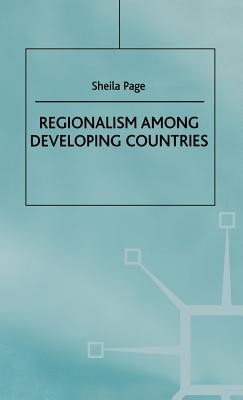
- We will send in 10–14 business days.
- Author: Na Na
- Publisher: Palgrave Macmillan
- ISBN-10: 0312226608
- ISBN-13: 9780312226602
- Format: 14.8 x 22.4 x 2.6 cm, kieti viršeliai
- Language: English
- SAVE -10% with code: EXTRA
Reviews
Description
In the last decade, regionalism appears to have emerged as a major new force in the world. This book puts it in its historical context. Regions have emerged before; few are old because they either evolve into federal systems or break up. The current regions are less dominant than their critics fear (they account for about a third of world trade), but imply more integration than a simple view that they are about liberalising trade. All go beyond trade to other linkages, and all the enduring ones have political as well as economic agendas.
EXTRA 10 % discount with code: EXTRA
The promotion ends in 22d.00:56:53
The discount code is valid when purchasing from 10 €. Discounts do not stack.
- Author: Na Na
- Publisher: Palgrave Macmillan
- ISBN-10: 0312226608
- ISBN-13: 9780312226602
- Format: 14.8 x 22.4 x 2.6 cm, kieti viršeliai
- Language: English English
In the last decade, regionalism appears to have emerged as a major new force in the world. This book puts it in its historical context. Regions have emerged before; few are old because they either evolve into federal systems or break up. The current regions are less dominant than their critics fear (they account for about a third of world trade), but imply more integration than a simple view that they are about liberalising trade. All go beyond trade to other linkages, and all the enduring ones have political as well as economic agendas.


Reviews